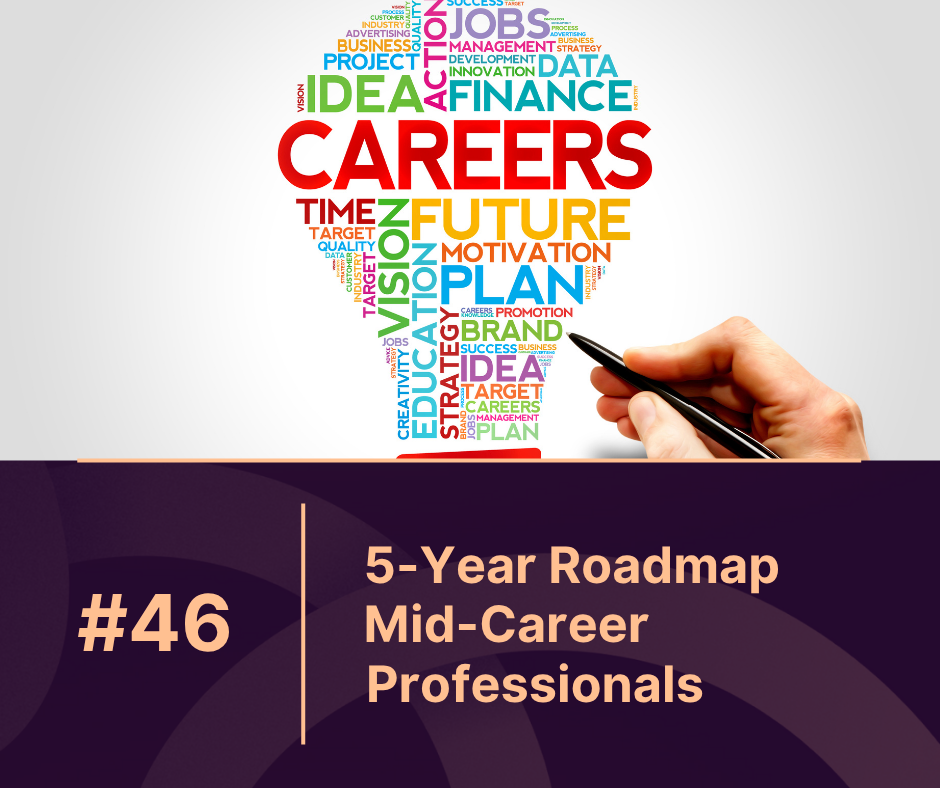Overview
Thinking of switching careers but feel overwhelmed? You’re not alone. Many professionals experience anxiety, doubt, and hesitation when faced with the idea of starting over. Whether you’re in your 30s, 40s, or even 50s, overcoming fear of career change is possible—and it starts with your mindset. In this blog, we’ll explore 7 proven mindset shifts that can help you break free from fear and step into a new, fulfilling professional chapter.
Why Overcoming Fear of Career Change Matters
Changing careers isn’t just about switching jobs—it’s about reshaping your life. Fear often stems from uncertainty, financial pressure, skill gaps, or fear of failure. But staying stuck due to fear can lead to long-term dissatisfaction and burnout. The key to unlocking new opportunities lies in transforming how you think about career change.
7 Mindset Shifts to Overcome Career Change Fear
1. Accept That Fear Is Normal, Not a Red Flag
Fear is a natural response to change. Instead of interpreting fear as a stop sign, recognize it as a sign of growth. Every successful person has faced fear and moved through it.
2. Focus on What You’re Gaining—Not Losing
Shifting your mindset to see career change as an expansion of your identity and skills can boost your confidence. You’re not starting over; you’re building forward.
3. Embrace a Growth Mindset
Adopt the belief that you can learn anything you set your mind to. Skills are built, not born. This mindset reduces fear by focusing on potential over limitations.
4. Don’t Overestimate the Risk—Look at the Reality
Often, our fears are inflated. Create a comparison of risks vs. rewards to bring logic into your decision.
| Perceived Fear | Realistic Perspective |
|---|---|
| Loss of income | Can plan 3–6 months savings before change |
| Lack of experience | Transferable skills matter more than you think |
| Starting from scratch | You’re actually building on your existing value |
5. Surround Yourself with Positive Support
Being around mentors, career coaches, or people who’ve successfully changed careers can provide reassurance and insights. Their stories prove it’s possible.
6. Visualize Success Daily
Visualization helps your brain normalize a new path. Imagine your ideal workday in the new role, how you feel, and who you work with. This practice rewires your thoughts for confidence.
7. Commit to Small Actions Daily
Progress beats perfection. Whether it’s updating your resume, networking on LinkedIn, or taking a course, daily action builds momentum and reduces fear.
Conclusion
Overcoming fear of career change isn’t about eliminating fear completely—it’s about understanding it, reframing it, and moving through it with intention. These 7 mindset shifts are designed to help you see change not as something to avoid, but as an exciting opportunity for growth. The longer you delay action, the deeper fear roots itself. The time to shift is now.
FAQs
1. Is it normal to feel scared about changing careers?
Yes. Fear is a natural response to uncertainty. Recognizing that others feel the same can help normalize your emotions and reduce their power.
2. How do I know it’s time to make a career change?
If you constantly feel unfulfilled, drained, or lack passion in your current role, it may be time to explore new paths.
3. Can I switch careers in my 40s or 50s?
Absolutely. Many professionals successfully change careers at every stage. Transferable skills and life experience can be powerful assets.
4. What are some low-risk steps I can take before switching?
You can start with online courses, side gigs, or networking in your target industry to test the waters before committing fully.
5. How long does it take to overcome the fear of career change?
It varies, but taking consistent small actions and mindset work can ease fear significantly within weeks or a few months.
overcoming fear of career change



